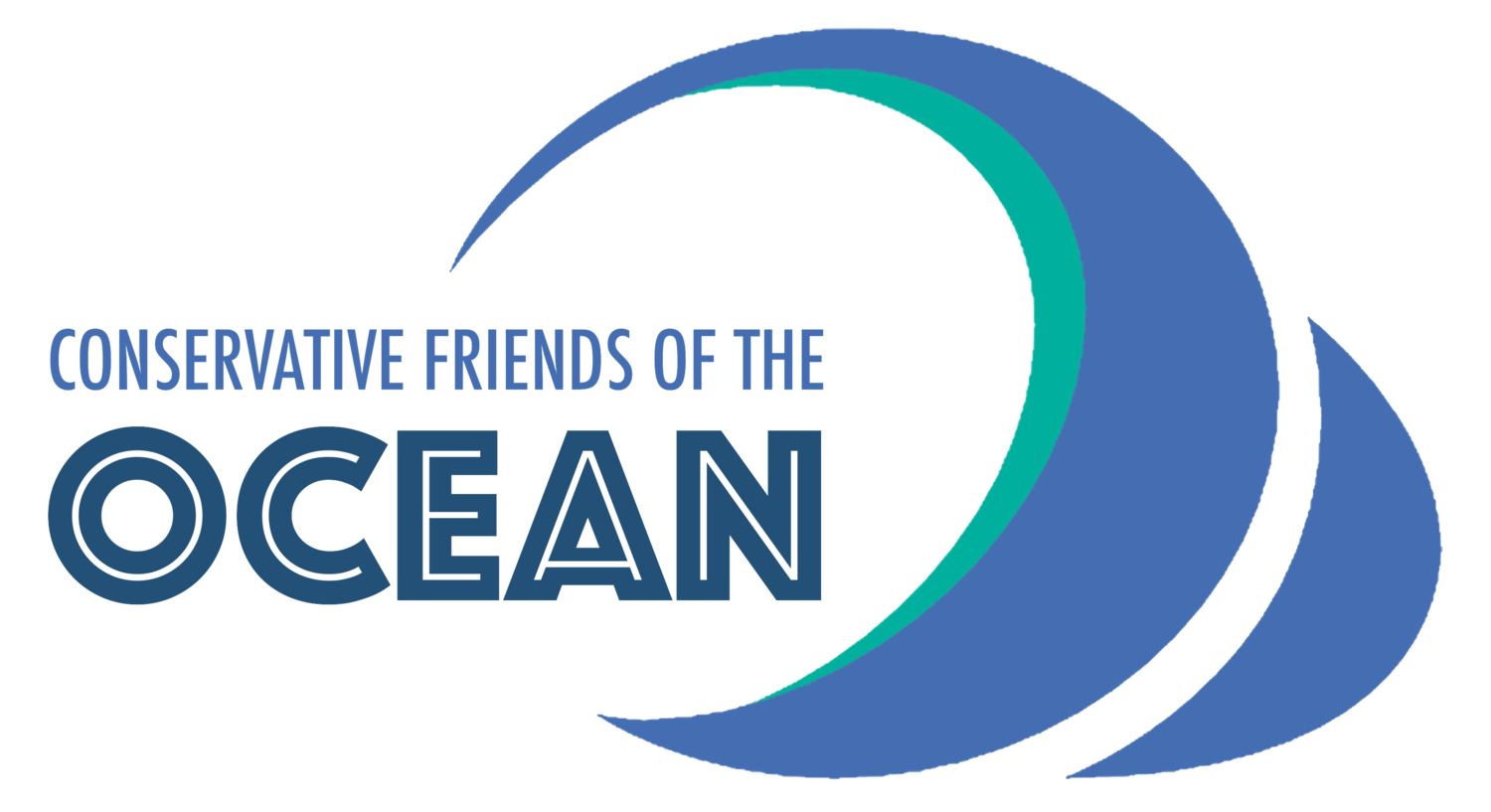If agreed, a High Seas Treaty could be the keystone to ocean protection for generations
What do unregulated fishing and pirate radio have in common?
They both occur in “international waters”.
In fact, there are many activities that go on on the High Seas without any knowledge, monitoring or interference from any government because these are what is known as Areas Beyond National Jurisdiction, or ABNJs for short.
ABNJs are truly lawless, in that there are little to no consequences for those who want to take advantage of this international loophole to either transmit radio or exploit our oceans and its biodiversity.
However, this might all be about to change.
This week at the UN in New York, delegates from member states are in their second week of intense discussions aimed at agreeing a High Seas Treaty, to finally bring a governance structure to ABNJs relating to marine biodiversity.
This treaty, if agreed, will look to govern the conservation and sustainable use of marine biological diversity of areas beyond national jurisdiction, aka BBNJs (yet another acronym!).
Discussions are covering four main elements: 1) marine genetic resources, including questions on the sharing of benefits; 2) measures such as area-based management tools, including marine protected areas; 3) environmental impact assessments; and 4) capacity building and the transfer of marine technology.
They will also cover issues such as general principles, definitions, responsibility and compensation, and institutional and financial arrangements.
This is no mean feat. With reports of countries such as Iceland and Japan concerned about the impacts on high seas fishing, and that the Switzerland, the US and the UK need convincing about sharing profits from genetic resources, the remaining hours will require some serious diplomacy.
As a scientific superpower the UK has a lot to gain from this agreement. For example, although at present the UK might be ahead of the game in areas like marine genetic research, as emerging powers increase their presence at sea, it would suit the UK to ensure an increasingly crowded market has rules in place for fair play across the board, which secures the place of those already there.
It is no surprise that since efforts began in 2004, progress has been slow. Things as they stand suit certain states for different reasons, but it continues to be the wild west out there and this cannot continue if we want to ensure sustainability for industry, and a healthy, stable ocean ecosystem.
However there is now a real chance to agree a framework that forms a layer of protection for all our oceans, and we hope the UK plays it’s part in forming and facilitating consensus around what could be the keystone to ocean protection for generations.
As put by WWF; Turning the high seas from no one’s responsibility into everyone’s responsibility.
Here’s hoping the radio brings news of agreement from New York this week…wherever it’s transmitting from.


